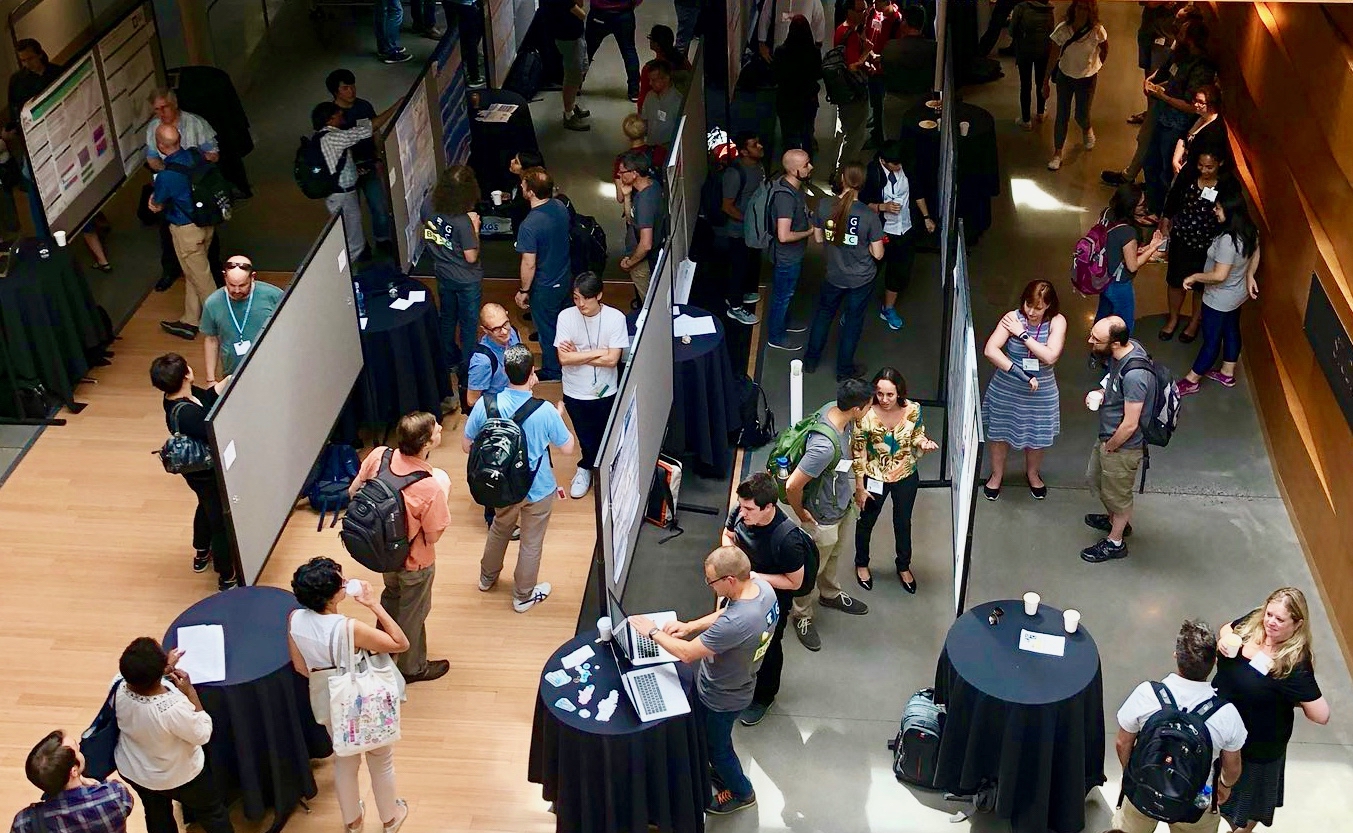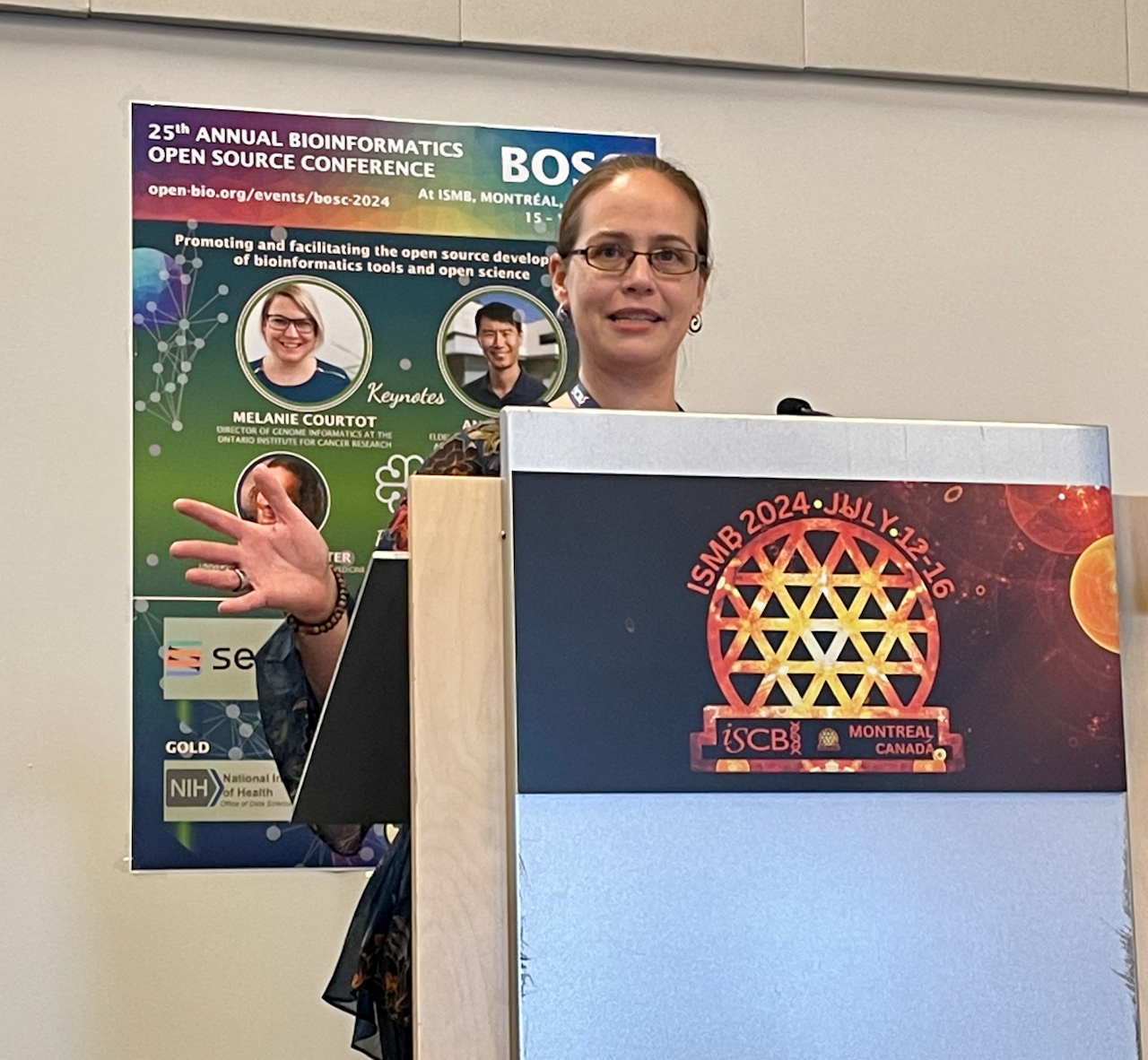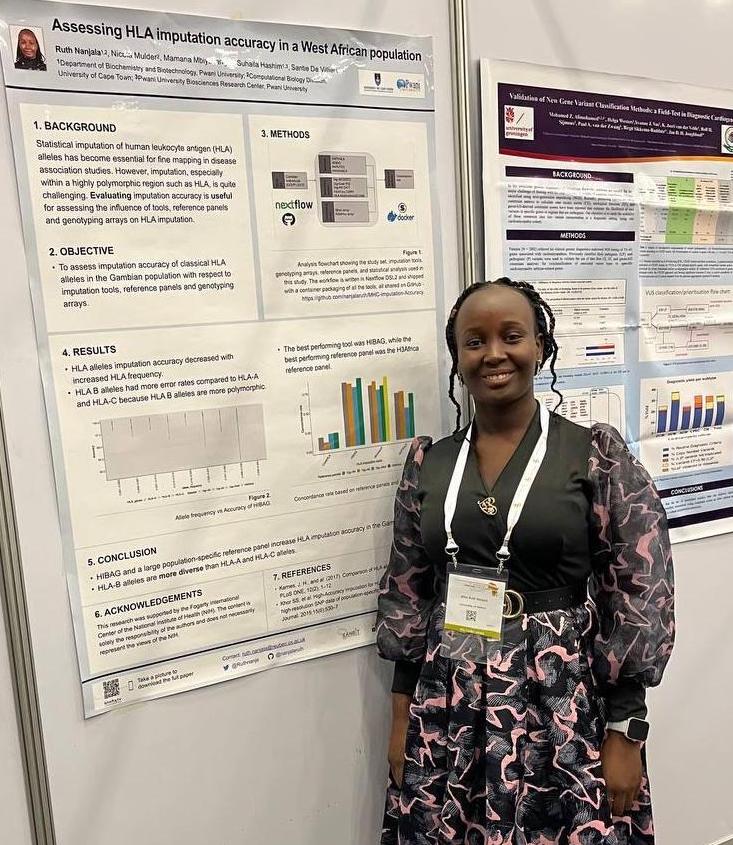Running a bit late on this, so just a quick note that the first alphas for BioPerl-Run, BioPerl-DB, and BioPerl-Network have been uploaded to CPAN:
They can also be downloaded from the BioPerl website:
This is the first run where we’ve switched to a regular Module::Build installation, so expect some initial bumps! There are a few initial problems that I plan on addressing soon, the main one being none of the modules are assigned version numbers (this may be a consequence of not pulling the version from a specific module). The other, more serious one, is that the Build.PL script checks for DBI but isn’t checking for any compatible DBD::* adaptors for BioPerl-DB (so it fails tests if DBI is installed). We have code in core to check for DBI drivers, so I may adapt that for BioPerl-DB.
[Read More]

